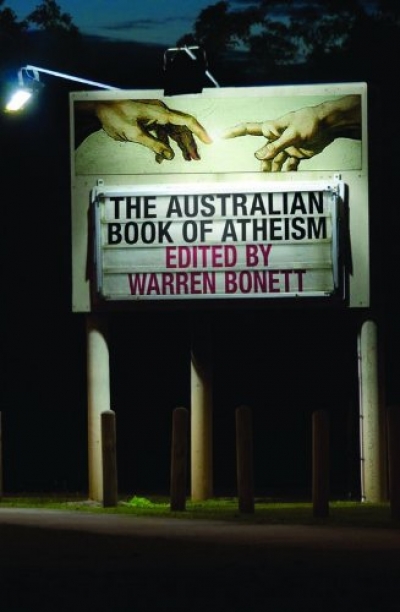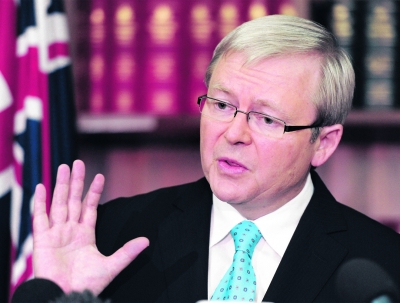Politics
Immediately after the mid-term elections in November, Barack Obama left for a long-planned G20 gathering in Seoul and for meetings with heads of government in the nation states of India, Indonesia, and Japan. Nothing remarkable, you think? Exactly what one expects a United States president to do? Not in America.
The right-wing blogosphere went berserk. Miche ...
Trivial Pursuit: Leadership and the End of the Reform Era (Quarterly Essay 40) by George Megalogenis & The Party Thieves: The Real Story of the 2010 Election by Barrie Cassidy
John Howard and Tony Blair both came to the prime ministership in landslides, Howard in 1996, Blair in 1997. They were on opposite sides of the traditional political divide, Howard leading a Liberal Party opposed to Australian Labor and Blair leading the British Labour Party ...
... (read more)Punch and Judy: The double disillusion election of 2010 by Mungo MacCallum
The Bridge: The life and rise of Barack Obama by David Remnick
The Poor Relation: A History of Social Sciences in Australia by by Stuart Macintyre
Islamism and Democracy in India: The transformation of Jamaat-e-Islami by Irfan Ahmad
The political assassination of Kevin Rudd will fascinate for a long time to come. As with Duncan’s murder in Shakespeare’s play it was done, as Lady Macbeth cautioned, under ‘the blanket of the dark’, literally the night of 23–24 June 2010. The assassins heeded Macbeth’s advice: ‘if it were done when ’tis done, then ’twere well it were done quickly.’ And as in Macbeth, the assassins were in the shadow of the throne. Even the old king approved: Bob Hawke, himself deposed in 1991, recognised at last that the removal of a Labor prime minister is sometimes necessary.
... (read more)










